From two glasses of wine that result in a searing headache the next day, to a glass of hard liquor that leaves us completely crippled and immobilized, we find that not only are our hangover symptoms more intense and longer in duration, but increasingly induced by lesser and lesser amounts of alcohol. Why is this? The answer comes from understanding the very nature of a hangover itself. A hangover is not just an accumulation of painful symptoms. It is caused when enzymes in our bodies digest alcohol and produce toxins in the process. As we age, our body produces less alcohol digesting enzymes. So alcohol starts taking longer to break down, and we feel the toxin effect longer. Another side effect of aging is that we’ve also had time to build up toxins in our body. So when we continuously consume alcohol, we also continuously increase our toxicity and feel stronger symptoms.
There is no real way to restore our bodies to our younger selves. The only solution is to take preventative measures so that we put less toxins in our bodies. How we do this is by leading a healthy, conscientious life that keeps our most important organ (at least in regards to alcohol)–our livers, happy. The reason this is essential is because our liver is what clears these toxins. Alcoholic/fatty livers have a harder time doing that. Keeping our livers healthy is easy. But we must keep in mind that part of it is a lifestyle choice. Here is a list of key steps to protecting your liver and reducing the side effects of hangovers.
- Make sure to eat food that contains plenty of antioxidants. Antioxidants such as milk thistle, B complex and cinnamon can actually help regenerate liver cells.
- Limit your exposure to toxins as a whole. That means being aware of your surroundings as well as your diet. Eat organic and antibiotic free foods, taking special care to avoid chemicals and preservatives. Drink filtered water and limit medication/cleaning supply use.
- Also look for bitter foods such as artichoke, arugula, dandelion greens, lemon peel, etc. because they help produce bile in your body to remove toxins. We recommend starting your day with a hot water and lemon drink to get the bile going.
- Avoid eating carbs such as pizza, pasta, etc. when drinking alcohol. The liver is also responsible for glucose regulation. So though yummy, the more glucose you eat, the more you stress out your liver and prevent it from focusing on breaking down alcohol/toxins.
- Try not to drink at lunch and only in the evenings. It’s during this time that your alcohol enzymes are at their peak production.
- Above all, don’t mix your drinks (which include mixers such as energy drinks and diet sodas). Your liver is already over worked as it is, and asking it to sort out different alcohols will only reek havoc on your system.
Hangovers are nasty monsters and they’ll only get worse from here on out. But if we treat our livers like our best friends we’ll have an easier time combating them together. The secret to life is good health. We may not always be young, but if we take the right steps we can definitely still continue feeling it.
Have you found that your hangovers have got worse along with other symptoms of growing older like diminished sex drive, poor muscle tone and a generally foggy head? What other signs of aging have you experienced that testosterone therapy can’t help you with?
